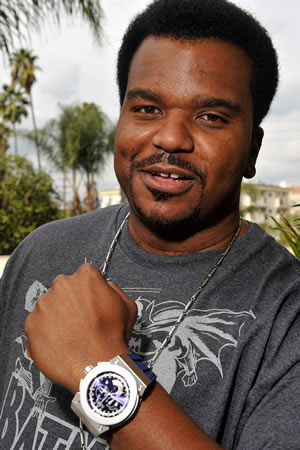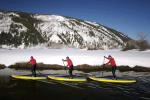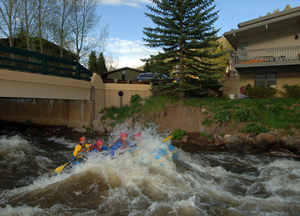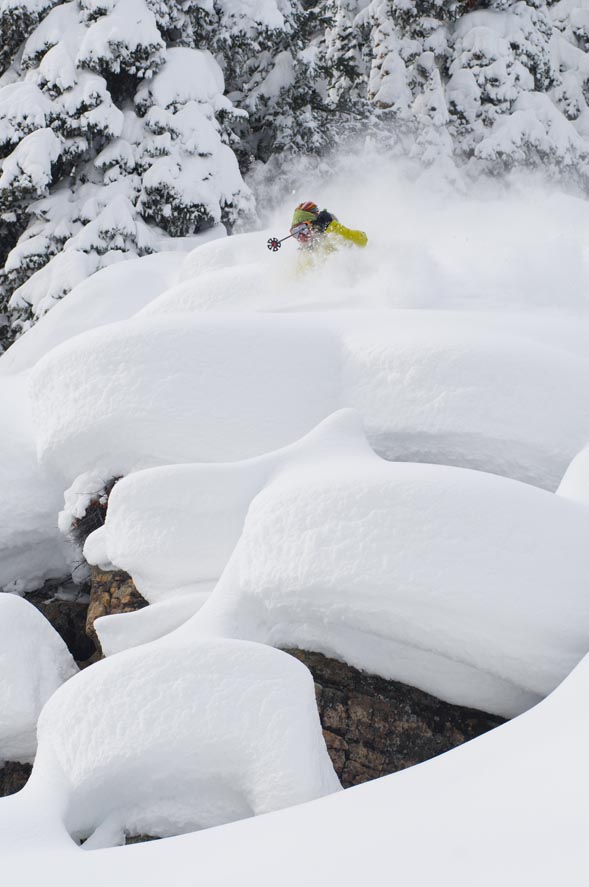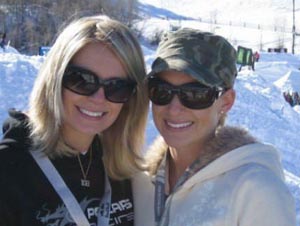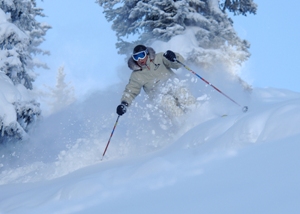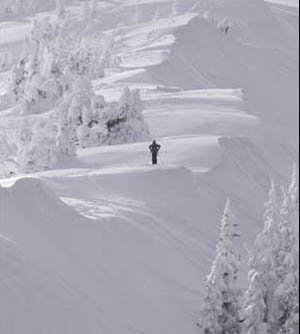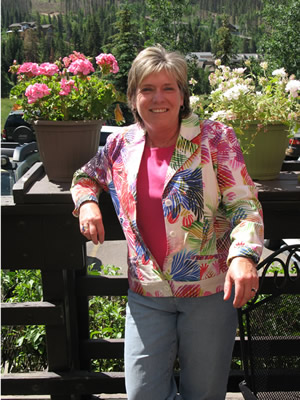
- Recent town of Vail community survey identifies parking as top issue for townies
- Vail Christian High School board buys back bonds, rescues next school year
- Vail Resorts to host Lindsey Vonn celebration in Vail Wednesday, March 31
- Vail Resorts Epic Pass, Summit Pass available through November 30, 2009
- 9 candidates, including 3 incumbents, running for 4 Vail Town Council seats Nov. 3
- Nominating petitions for four open Vail Town Council seats available Sept. 14
- Eagle County commissioners to vote Tuesday on temporary marijuana dispensary regulations
- Vail Town Council rejects ballot question to change council terms
- Polis defends health-care reform at packed town hall in Edwards
- Vail blaze illustrates need for defensible space, roadless rule changes, state says
- All Real News Articles
July 9, 2008 — Democrat Joan Fitz-Gerald, the former state Senate president and her party’s top pick for Colorado’s 2nd Congressional District, said she’s flattered by the amount of television advertising and direct mail her chief rival, Jared Polis, has been doing leading up to the Aug. 12 primary election.
“I think I’m worth it,” Fitz-Gerald said. “But this is a ground race. This is the [U.S.] House of Representatives; this is the people’s House; this is not a flyover, drop leaflets, fill-the-airwaves race.”
Polis, the self-made Internet-sales millionaire from Boulder, has put nearly $4 million of his own money into the CD2 race, something he said makes him less beholden to PACs and special-interest groups. Critics have countered that spending more than $1 million on ads in one of the priciest congressional races in the country is fiscally irresponsible.
“In the end this race is about what you do with limited resources, because once you get to Congress you again have limited resources and you have to make decisions,” Fitz-Gerald said. “You can’t print money.”
Fitz-Gerald, who resigned from the state Senate to run for the Democrat stronghold CD2 being vacated by Mark Udall, who’s running for U.S. Senate, also faces Boulder conservationist Will Shafroth, who petitioned his way onto the primary ballot. Lafayette aerospace engineer Scott Starin is the Republican nominee the Democrat winner will face in November’s general election.
Personal contributions aside, Polis has outraised Fitz-Gerald $1,637,000 to $1,136,000 through the first quarter of the year ending April 15, with Shafroth a close third at $1,020,000. Second quarter reports are due July 15.
Like Polis and Shafroth, Fitz-Gerald wants the U.S. armed forces out of Iraq. Her plans for withdrawal haven’t garnered as much attention as Polis’s “Responsible Plan,” but Fitz-Gerald — the 60-year-old former Jefferson County clerk and recorder — says deficit spending on the Iraq War is crippling the nation’s economy and has curtailed spending on vital infrastructure throughout the sprawling CD2, which reaches from Boulder on the Front Range to western Eagle County in the mountains. She’s calling for an immediate withdrawal from Iraq.
“There’s a lot of work to do on the economic front,” Fitz-Gerald said. “And frankly, Congress needs to turn this country around in the first six months it gets there with some sweeping reforms in a way that says we’re conducting business differently, and with a 70-seat change we should be able to do that.”
Fitz-Gerald says the lack of the 60 Democratic votes in the Senate the past two years has made the House less bold because lawmakers felt nothing would get past the Senate. The sea change she expects in November needs to be accompanied by a sense of extreme urgency.
“The combination of blue-dog Democrats and regular Democrats really makes a very odd, cobbled-together majority, and people’s expectations — and rightfully so — were that business was going to be different and we would have improved our economic condition as well as extradited ourselves from Iraq [since gaining a majority in 2006]” Fitz-Gerald said.
Besides getting out of Iraq, righting the economy and decreasing the nation’s dependence on foreign oil through the development of alternative fuels, Fitz-Gerald says meaningful immigration reform is a top priority. But she takes issue with previous reform bills sponsored by Republican presidential candidate John McCain on one key point – the emphasis on education credits as the top rationale for citizenship.
“I don’t see the education credit as solving this issue as much as expediting nuclear family,” she said. “[The federal government] will now sit and wait for the PhD to come in from somewhere else, but our kids coming out of college have huge debt and they need the salaries to stay high.”
Meanwhile, Fitz-Gerald adds, the length of time it takes for immigrant workers who are playing by the rules to bring in members of their families is prohibitive and doesn’t promote the kind of stability that will ultimately lead to more immigrants adhering to the law.
Fitz-Gerald has taken some heat for being part of the state Legislature that clamped down on state benefits for undocumented workers in 2006, but she counters that then Gov. Bill Owens forced a special session on the issue and Democrats did the best they could under the circumstances. She also points out that she helped kill a bill that would have required a state ID after workers had been hired, a measure similar to what was recently upheld by the state supreme court in Arizona.
“That would have had a devastating effect on the ski industry, because of all the federal hoops that they jump through to give an international flavor to ski areas this would have had a different and much more problematic layer to it that everyone had to get their Colorado documentation,” Fitz-Gerald said. “It would have been so bad after we put $23 million into tourism to do something that counter-productive.”
As part of any immigration reform package, Fitz-Gerald wants to see a realistic and expanded number of H2B visas — a mainstay of the state’s ski and tourism industry. And besides her years of public service as an elected official (although Polis did serve on the Colorado State School Board), one of the biggest issues Fitz-Gerald says distinguishes her from her chief Democratic rival is her opposition to NAFTA and CAFTA.
“We need a better Latin American policy,” she said. “What’s happened is NAFTA and CAFTA have left broken promises on both sides of the border and the environmental controls were not put in that were promised, the factories were not worker-safe as they promised, and then when the labor [costs] got too high they closed the factories, creating an even further economic incentive to come here because they had a job and they lost it.”
Another area she says the federal government has dropped the ball on is mitigating the impacts of the mountain pine beetle epidemic in Colorado, which is part of the largely natural-disaster-free Region 8 for FEMA.
“I would like to see FEMA do a very aggressive infusion of cash into the mountain areas,” said Fitz-Gerald, who lives in the Front Range foothills. “We’ve got to protect the wildland-urban interface [where mountain towns meet the national forest]. Many of us live in it; it surrounds us; a lot of communities were built with no separate exit or entrance; there’s one egress out of it; and it’s a very important move on the part of the federal government to say, ‘We haven’t done a lot on forest health and we need to make sure that safety is a big issue.’”
This is the third part of a four-part series profiling the major-party candidates for Colorado’s 2nd Congressional District. Next up: Republican Scott Starin.
![]() Comment on "Vail-area congressional candidate Fitz-Gerald questions opponent's fiscal restraint" using the form below
Comment on "Vail-area congressional candidate Fitz-Gerald questions opponent's fiscal restraint" using the form below




